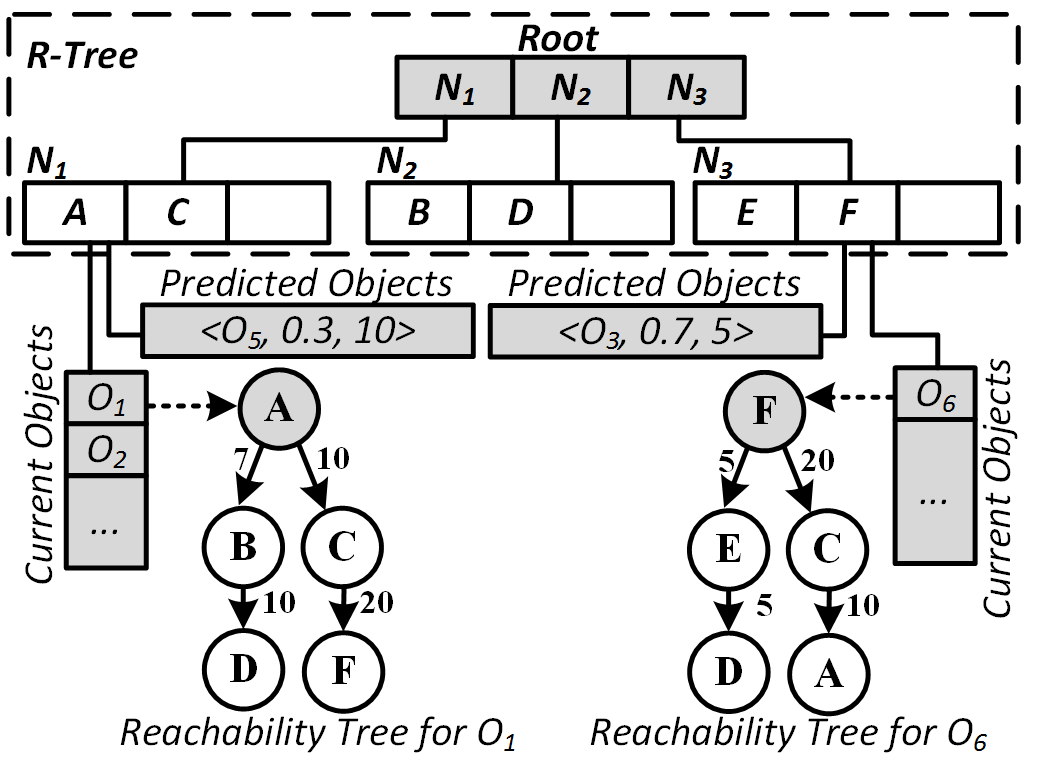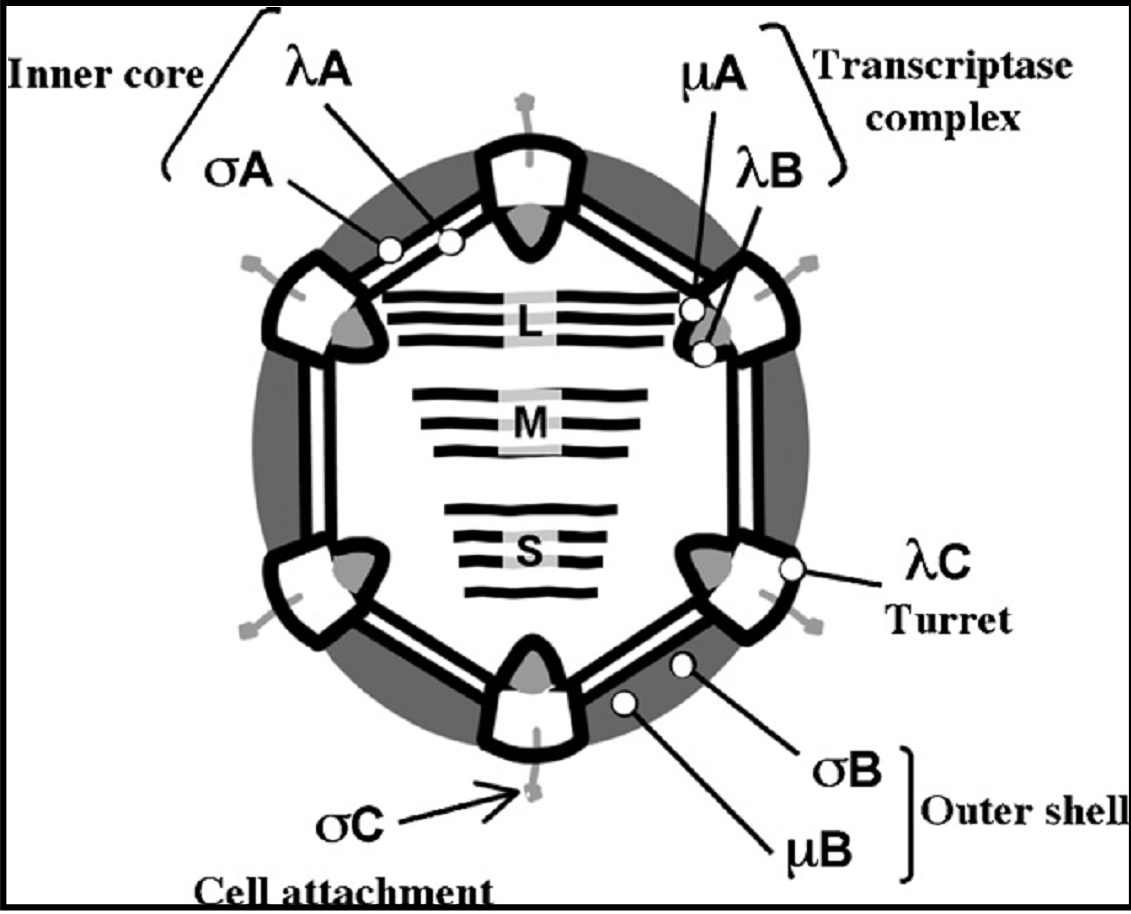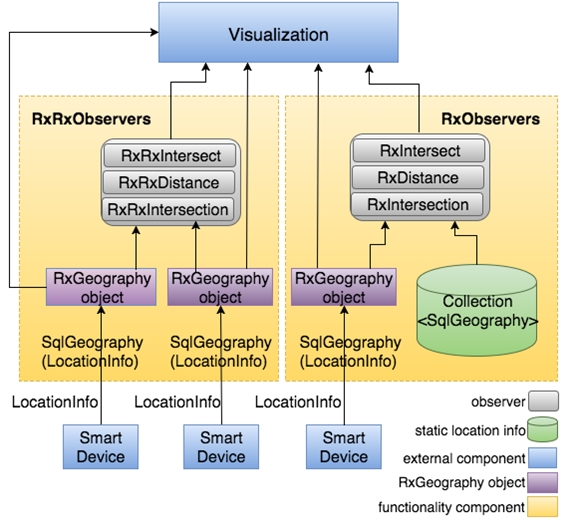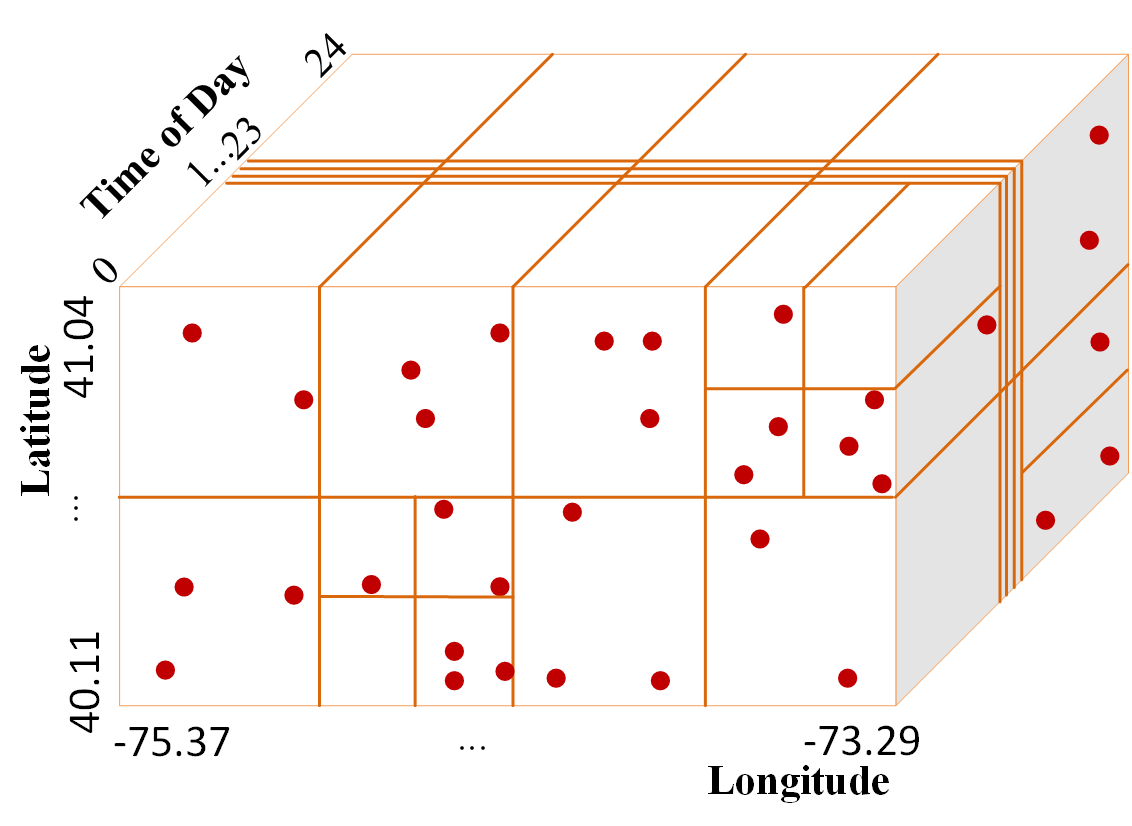-
*
City Infrastructure Assessment
(1) Anomaly Detection for IoT

This research is studying various approaches to anomaly detection in networks of sensors, such as Internet of Things (IoT) nodes. The goal is to improve on the state of the art in AD using various machine learning and deep learning approaches to Anomaly Detection. Approaches studied previously are simple linear classifiers (such as support vector machines), and clustering approaches (such as K-Means and DBSCAN). Current research is focusing on prediction-based approaches and generative AI to perform AD. Work utilizes the robust Chicago Array of Things dataset; an unlabeled dataset composed of hundreds of sensors spanning a 2-year timeframe. This is Kyle's main interest.
Code Papers BibTeX(2) Sidewalk Assessment and Routing

The scope of the project is to discover a fully automatic approach to assess the underlying features of the sidewalk. Today, sidewalk inspection is done through a series of manual processes, which rely on the subjectiveness of the inspectors and slow maintenance. This project focuses on 1) detecting sidewalk features and distress 2) analyzing the shape of detected features and distress 3) verifying the ADA-PROWAG compliance level of the features and distress. This project is in the process of creating an aerial-ground-multisensor fusion sidewalk dataset. This is Chan's main interest.
Papers BibTeX -
*
Smart and Personalized Routing

Supports the evaluation of personalized routing queries with the following merits. (1) PreGo finds the best route according to a user’s set of personal preferences, e.g., time, distance, safety, attractions, etc. (2) PreGo does not depend on a static snapshot of the underlying road network. Rather, it computes the best route taking into consideration various cost elements at different time instances of the day. (3) For not in a rush user, PreGo recommends a trip start time such that user’s preferences are best fulfilled. (4) Personalization parameters are controlled by each user’s preference weights.
Code Papers BibTeX -
*
Spatial Predictive Queries
A fundamental category of location based services relies on predictive queries which consider the anticipated future locations of users. Predictive queries attracted the researchers’ attention as they are widely used in several applications including traffic management, routing, location-based advertising, and ride sharing.
(1) Predictive Tree (P-tree)
An index structure developed to find the objects predicted to be around a given node in the underlying road network graph after some future time...

(2) Panda
Panda is a framework that supports predictive spatial queries against moving objects on Euclidean space.

(3) ? (In progress)
Code Papers BibTeX





